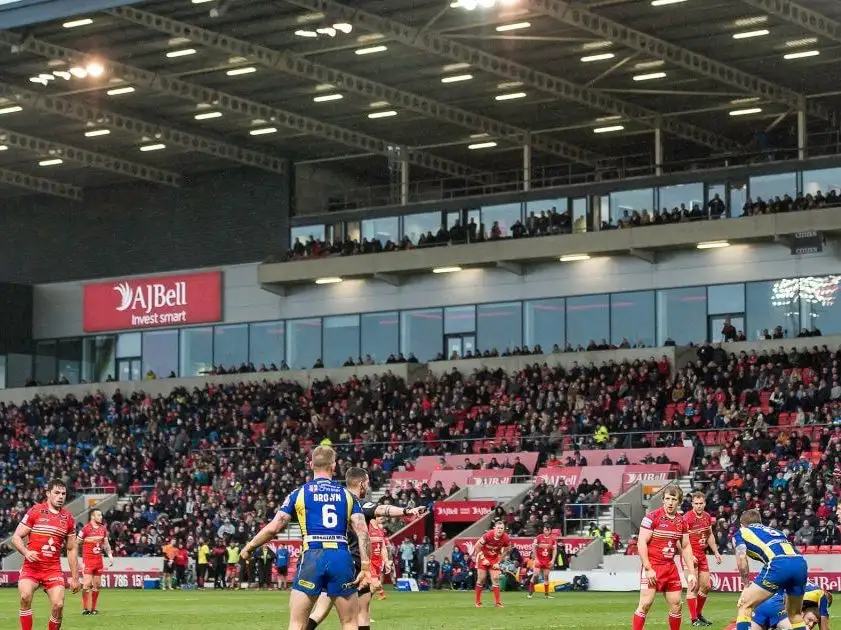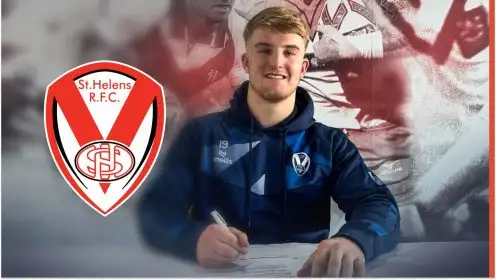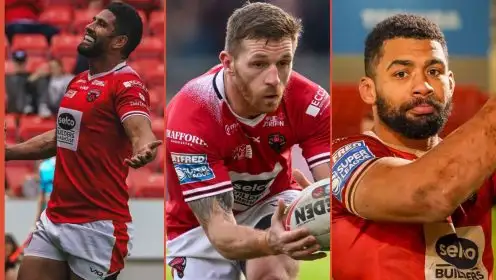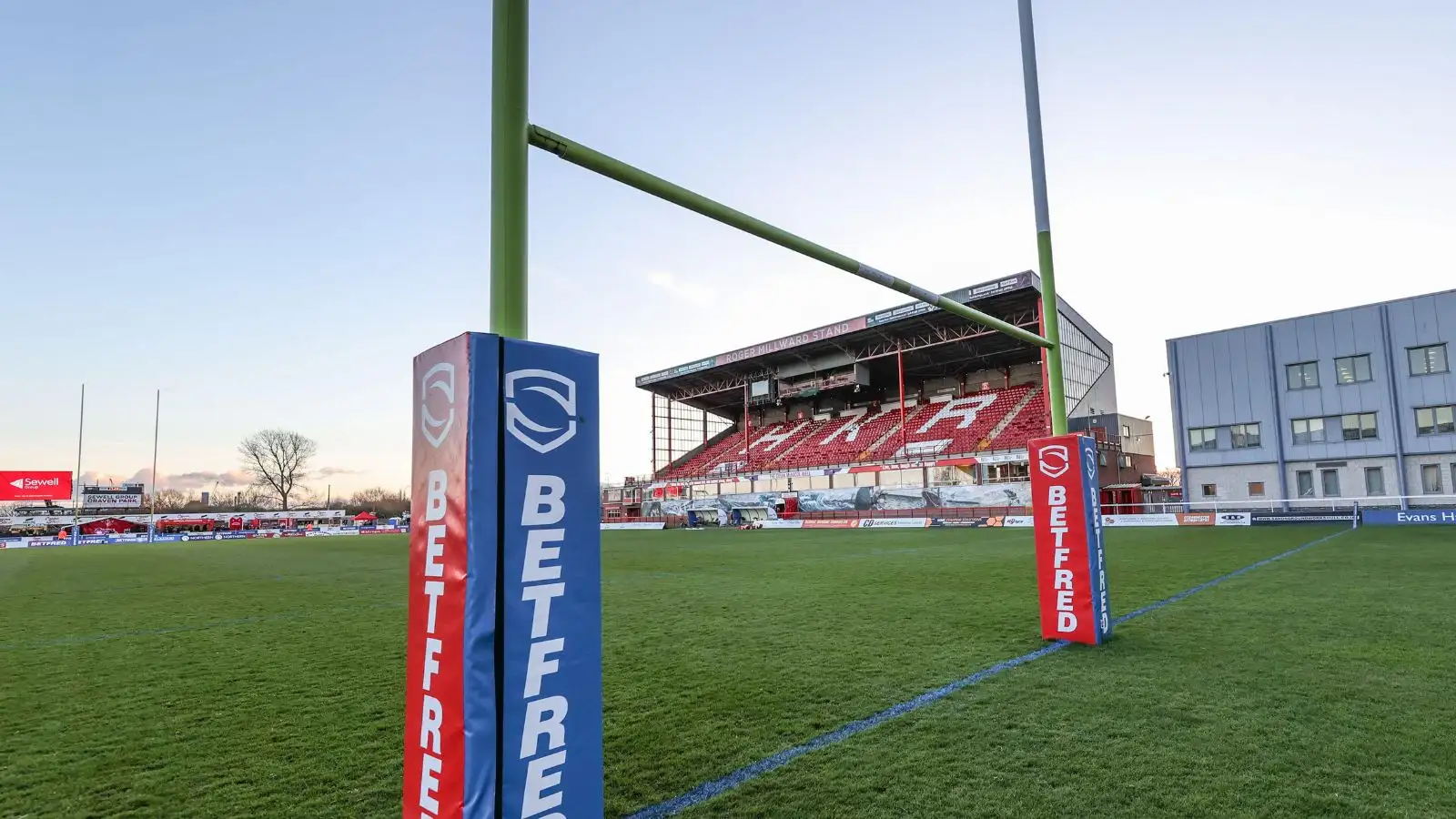Salford must keep their identity

The latest myth descending on rugby league is that Salford rebranding to Manchester Red Devils will solve all the club’s problems.
It’s hard to come up with any logical explanation or indeed evidence to justify such a change, which will ride roughshod on Salford’s 144-year history and put two fingers up to the majority of fans that have stuck with the club through its underwhelming stadium move and barren years on the pitch.
Presumably the arguments for changing the name to a different city are for commercial reasons, and supposedly to attract more fans.
If only marketing was as easy as your name.
If anything, rebranding to Manchester will be catastrophic. You lose identity given two of the biggest sporting organisations in the world already have the Manchester name sewn up. That’s before you even consider the money City are pumping into women’s football.
From experience I know that such is the clamour to be associated with City or United, that brands would sooner pay over the odds for a tiny hospitality or sponsorship package than invest more in a smaller club where they could very well make a greater impact.
On that note, while we’re all aware of the heritage of the Red Devils name, and the fact that Salford claimed it first, it does alienate the blue side of the city. If there was to be a Manchester team, be it Salford, Swinton or otherwise, avoiding red and blue all together would be my advice.
It’s frustrating that – after almost going out of business a few years ago; the outrageous media claims, the blatant salary cap breaches and the revolving door for players – just as Salford are getting their act together on the pitch, attention is diverted away from that by this resource draining re-branding process.
Super League legend Robbie Hunter-Paul has been drafted in to oversee “the largest research project” in the club’s history.
He said: “The club has great ambition for the future which we’re delighted is being realised on the field. Our focus now is to compliment that success off the field.
“To achieve this, we are entering a phase of engagement and understanding with you the supporters. Your passion is something we want to keep at the heart of this process.
“Marwan brought me into the club to identify key aspects of our heritage and uncover what makes the club unique. This can then be used to realise the potential of our future.”
Whether they’re called Manchester or Salford, the club still has the same challenges as now – the stadium location, the battle with the stadium landlords, the conflict with Sale Sharks, marketing to fans (new and old), and attracting commercial partners.
A name change isn’t going to do that. Don’t forget, the club has already rebranded in recent years to great fanfare and promise. How has that gone? Clearly not as planned. In fact, the old club logo is still emblazoned on the side of the aforementioned stadium, presumably as a result of the club’s refusal to pay for it to be replaced.
Speaking of Sale, that is a town within Greater Manchester with a population of half of the city of Salford. Are they held back by not being called Manchester? Are they not world renowned in their sport?
A name alone will not spark a miracle revival or change in fortunes.
Ian Watson is doing a terrific job on the pitch, but the impact of that is not going to be seen overnight.
In the coming months, a major new access road will open adjacent to the stadium which will vastly improve access and also exposure (to that old club logo, by the way) with more traffic passing.
It also, perhaps most importantly, opens the club up to the Trafford Centre – which in a few years, will have a tram stop linking it to Manchester city centre.
If Salford are patient, keep building under Watson, adding resource to the club off the field, then the pieces may just fall into place.



